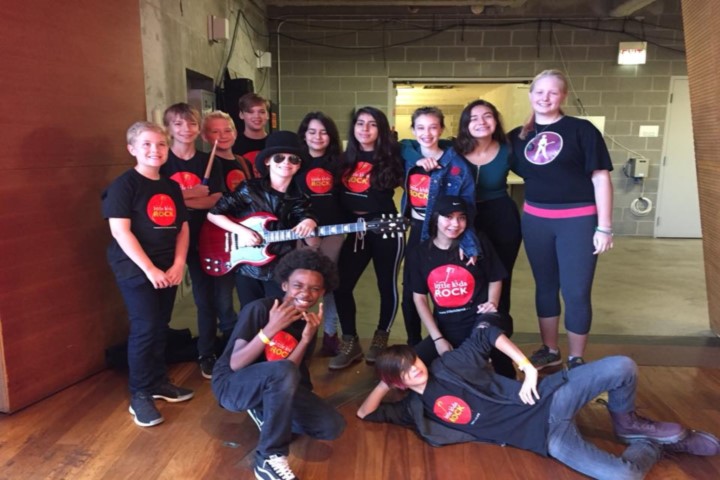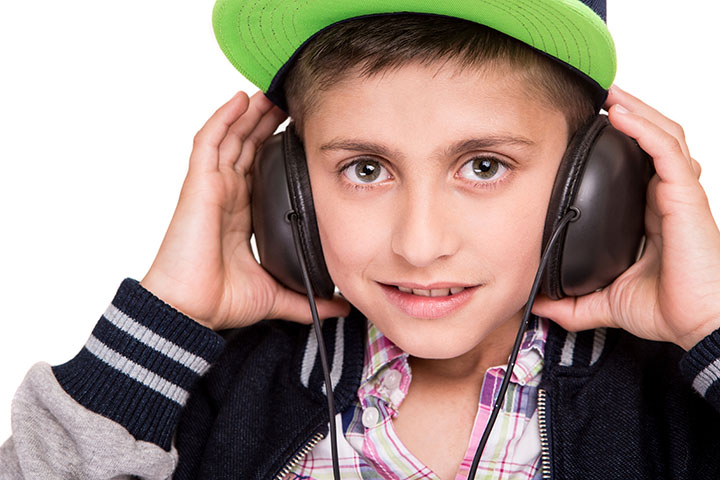In early July, more than 500 educators from across the country descended on Colorado State University for the sixth annual Modern Band Summit, an event aimed at helping schools modernize music classes to get more students involved in music education.
The meeting was organized by the New Jersey nonprofit Little Kids Rock, in partnership with the Bohemian Foundation, to highlight the organization’s free services and music supplies to help schools make music accessible for all students, the Coloradoan reports.
“Little Kids Rock offers free professional development seminars to public school teachers across the country, instrument donations, lessons, curricula and other resources,” according to the news site. “At the workshops, educators learn how to teach modern band programs at their schools.”
Fort Collins 18-year-old Mariana Henke started in the program as a seventh grade student at Polaris Expeditionary Learning School, and it sparked a passion that compelled her to learn to play guitar, sing and write.
“That’s when I fell in love with music,” she said.
Henke used the music skills she learned to produce her own original album for her senior project, and to entertain the hundreds of educators at the July Summit, which featured more than 30 hands-on workshops on guitar, bass, keyboards, vocals and music technology, according to the news site.
Polaris music teacher Jasmine Faulkner said Henke is the perfect example of the type of students the program aims to reach – those who may not be interested in orchestra or choir, and have no prior experience with instruments.
Faulkner said the program transformed her music class by focusing on indie, metal, blues, hip hop or other music students like, which is inspiring students like Hinke to write their own material.
“That’s the highest level of learning,” she said, “when students are creating.”
And for the 2018 Polaris graduate, it’s just the beginning.
“Henke … will study music at California State University Monterey Bay this coming school year,” the Coloradoan reports. “She wants to pursue a career in music.”
That path, cleared by Little Kids Rock, points to the strong influence adult role models have on students, particularly when those role models share a similar passion.
Researchers with the Institute for Advanced Studies in Culture at the University of Virginia reflected on that reality in “The Content of Their Character,” a summary of character formation efforts in a wide variety of U.S. schools.
“The moral example of teachers unquestionably complemented the formal instruction students received, but arguably, it was far more poignant to, and influential upon, the students themselves,” researchers wrote.
More information about Little Kids Rock is available on the Bohemian Foundation website, or at LittleKidsRock.org.
To date, the organization has reached more than 650,000 students in over 270 school districts across 45 states.
In Fort Collins alone, the program has served more than 7,000 children and donated more than 1,500 instruments with the support of the Bohemian Foundation.




